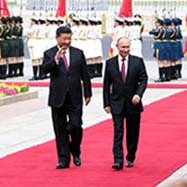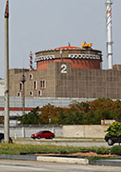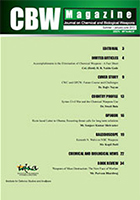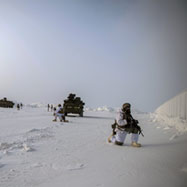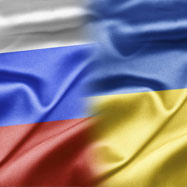The Corporatisation of Ukraine War: A Case of Unfolding Asymmetry in Military Power
The power of crowdsourcing budgetary support, technology, training, and logistic wherewithal, while at war, has emerged as an important lesson in the Ukraine war.
- Harinder Singh
- March 22, 2023




